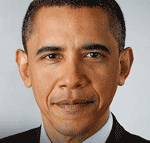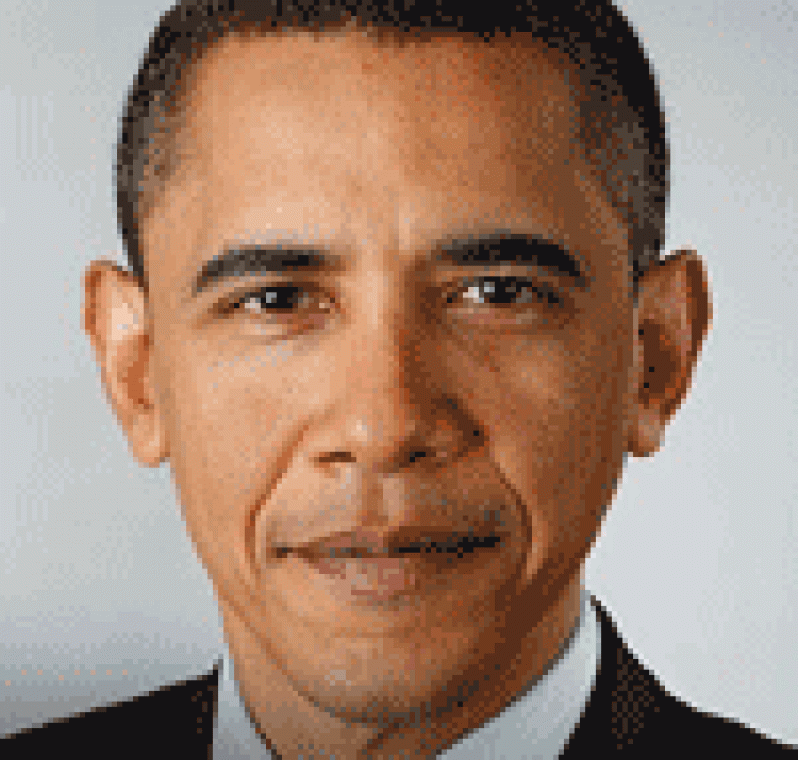A MOST significant and historic outcome for Barack Obama’s convincing second-term election as President of the United States of America last week, was his admirable success in winning virtually half the votes cast by Cuban-Americans in the State of Florida.
 Over a period of some four decades, Florida has been viewed as an expanding anti-Cuba political fortress for Cubans whose dislike of, or staunch opposition to the Castro-led revolutionary government, had resulted in a constant stream of migration and risky departures, by any means, from Cuba.
Over a period of some four decades, Florida has been viewed as an expanding anti-Cuba political fortress for Cubans whose dislike of, or staunch opposition to the Castro-led revolutionary government, had resulted in a constant stream of migration and risky departures, by any means, from Cuba.
A combination of influences, among them wealthy and politically well connected Cuban exiles in the USA, anti-Castro Congressional leaders, the CIA and leading, influential American media enterprises kept hope alive for the downfall of the then Fidel Castro-led administration in Havana.
At successive U.S. Presidential and Congressional elections, from John Kennedy in the 1960s to that of George W Bush in 2004, this anti-Cuba, anti-Castro syndrome in Florida was the norm, as if cast in stone.
Similarly, was the fulfilment of recurring predictions of succeeding Washington administrations ignoring the overwhelming votes cast at every new session of a United Nations General Assembly for the USA to lift its unprecedented iron-clad trade, economic and financial embargoes against that small Caribbean nation, 90 miles away from the world’s sole “superpower”.
Our small Caribbean Community (CARICOM) which had played a key role back in the 1970s to begin the process of dismantling America’s diplomatic isolation of Cuba, had forever kept company with nations of all continents in voting for ending the U.S. embargo. As the years rolled on, it was humiliating to count America’s few remaining “loyalists” at the UN who, by last year, had dwindled to less than five to vote with ‘Uncle Sam’ among the 192 member nations.
It was, therefore, not surprising for CARICOM to collectively renew its call at the UN earlier this week for termination of the U.S. embargo. This embargo stands as symbolic ignominious failure for successive governments in Washington scheming to end a governance system in that nation with a four-letter name that has remained politically stuck in its throat since 1962.
Now, half a century after the imposition of that embargo, some 48 percent of voters in Florida have opted to vote for re-election of Obama, the first black American President. That’s just four percent less than those who favoured his Republican challenger, Mitt Romney (52 percent).
For the “Wall Street Journal”, there was no surprise in its reporting on this unique political development: “Cuban-Americans Move Left”, read its headline for a news story out of Miami on the U.S. presidential poll.
Some of the ‘yes’ votes, it reported, were cast by Cuban-Americans who think Obama “is a socialist”. Assuming the accuracy of this doubtful interpretation, it can hardly be flattering for the hitherto influential anti-Cuba lobby of Cuban-Americans, politically nurtured over four decades about the worthlessness of the Cuban revolution and its leadership under the Castro brothers—Fidel and now Raoul.
The agony of Florida’s 2010 vote for Obama could prolong right into and beyond the 2016 U.S. Presidential election.




.png)









